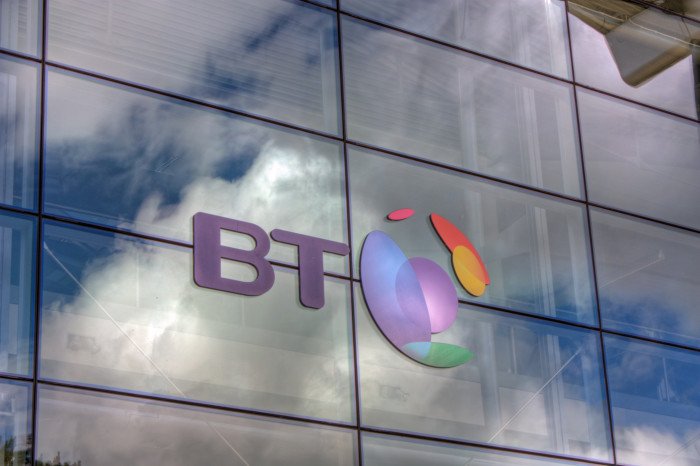
BT today announced around six billion pounds or $8.7 billion investment in fiber, 4G and customer service in the next three years.
BT says it will be investing in high speed broadband to cover 12 million premises by 2020.
BT said its FTTP broadband will cover 2 million homes and businesses. The focus of BT’s Fibre to the Premises (FTTP) technology investment will be mainly in new housing developments, high streets and business parks.
4G and superfast broadband coverage will pass 95 percent.
“Openreach and EE businesses will spend around six billion pounds in capital expenditure over the next three years in the first phase of a plan to extend superfast broadband and 4G coverage beyond 95 percent of the country by 2020,” said BT in a statement.
BT Group Chief Executive Gavin Patterson said: “Networks require money. Virgin and BT have both pledged to invest and we will now see if others follow our lead. Infrastructure competition is good for the UK and so is the current Openreach model whereby others can piggyback on our investment should they want to.”
G.fast technology will enable BT to deploy broadband at pace. FTTP will also play a bigger role going forward and suited to those businesses who may need speeds of up to 1Gbps.
BT will be making further investment in customer service across the company. Reduction in the time to fix line faults by 24 hours and handling 90 percent of its customers’ calls in the UK by March 2017 are the focus areas.
EE earlier announced that it will handle 100 percent of its customers’ calls in the UK by the end of this year. Earlier, EE said that it will extend its 4G footprint from around 60 percent to 95 percent by 2020.
Openreach CEO Clive Selley says the business will hire 1,000 new engineers this year and provide multi skill training for engineers.
Openreach is also aiming to halve missed appointments to two and a half percent within a year with an ambition to reduce them even further after that. The provision of dedicated business lines known as Ethernet will also increase by 20 percent year on year.





